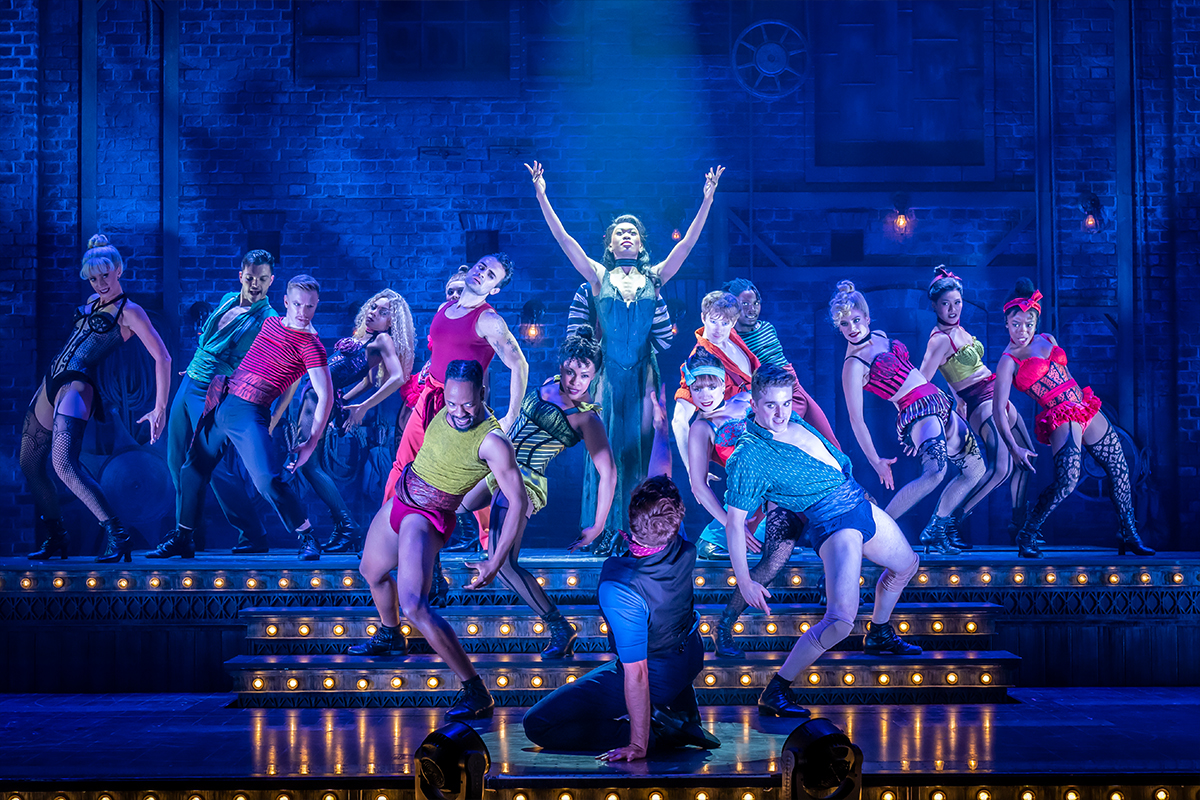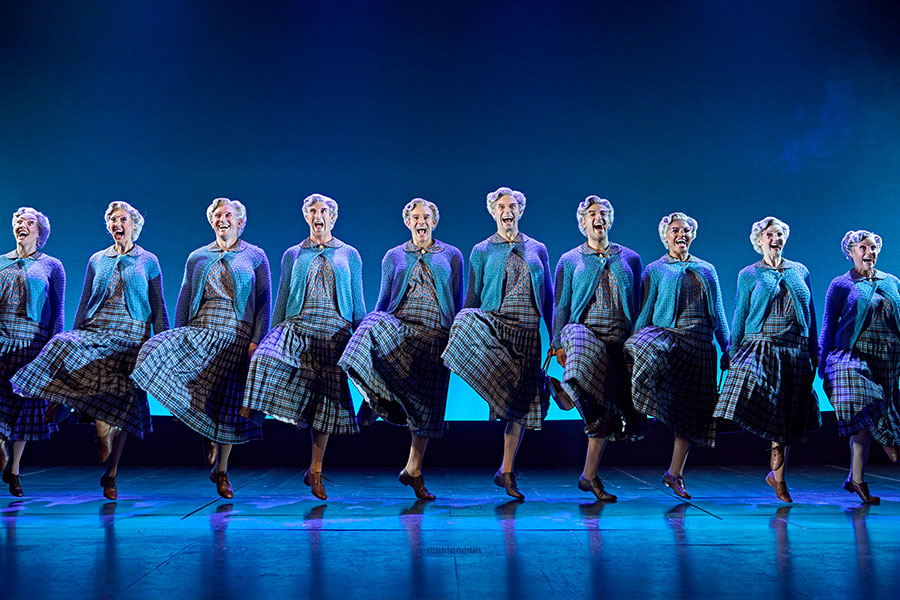House of Bernarda Alba
The House of Bernarda Alba on National Tour
In the programme notes, the translator, Rona Munro, expresses her initial worries about translating Federico Garcia Lorca’s play – “it seemed so relentlessly grim, page after page of weeping, black-shawled women gnawing at each other and moaning about their fate”. Unfortunately, like it or not that describes The House of Bernarda Alba pretty accurately, and this new version doesn t strike me as being particularly different.
Set in Spain in the 30s, it describes the lives of five daughters living in a house with a despotic mother and senile grandmother. All the daughters remain unmarried although as the play opens, the eldest (and heiress) is about to marry a handsome landowner much younger than herself (much to the despair of two of her sisters, who are also in love with him).
When Lorca wrote the play, Spain was just about to embark on four years of civil war and to many observers, Bernarda Alba is a prophetic piece about the war. Perfectly true (and it should not be forgotten that Lorca himself was an early victim of the fascists), but it s also true that sisters living in close proximity waiting for a chance to be married is one of the oldest devices in literature. Polly Teale s production for the Shared Experience Company is supposed to be about wider issues: the personal and the political.
The prime failure of this approach is the performance of Sandra Duncan as Bernarda Alba. She should be, at the same time, tyrannical and regretful. Tyrannical because it s the only way to keep her children in check, and regretful because deep down, she knows that things could be better than this. Duncan succeeds as neither. Striding the stage like a cross between Mrs Danvers and a headmistress, she strikes one as a woman who is a petty despot, finding fault everywhere but never really convincing as someone who could terrorise a household of adults. Nor could one really believe that this woman was capable of imagining the possibility of a better alternative.
The other women were better. As Angustias, the would-be bride, Sandy McDade displays just the right mixture of haughtiness and disbelief, desperately trying to disguise it under a barrage of sisterly affection. Tanya Ronder s Martirio is an unconvincing cripple but nicely spiteful as she unsuccessfully grapples with her jealousy. And as Adela, the youngest daughter, Amanda Drew displays the right amount of passion. Here at least, one could believe that the household could manage to bottle up real emotion.
The true star of the night is Angela Davies s set, which is dominated by a huge door, with as many bolts and chains as a dominatrix s boudoir. With light occasionally emerging from a small window and door, one senses that there s another world out there, it s just that this household is never really dark enough.
Maxwell Cooter
The House of Bernarda Alba tours to Salisbury Playhouse (11-20 March 1999), Yvonne Arnaud Theatre Guildford (23-27 March), West Yorkshire Playhouse (30 March – 3 April), Richmond Theatre (6-10 April), Oxford Playhouse (20-24 April), Bath Theatre Royal (27 April – 1 May) and the Everyman Theatre Liverpool (6-15 May). The tour concludes at the Young Vic in London (18 May – 12 June).










